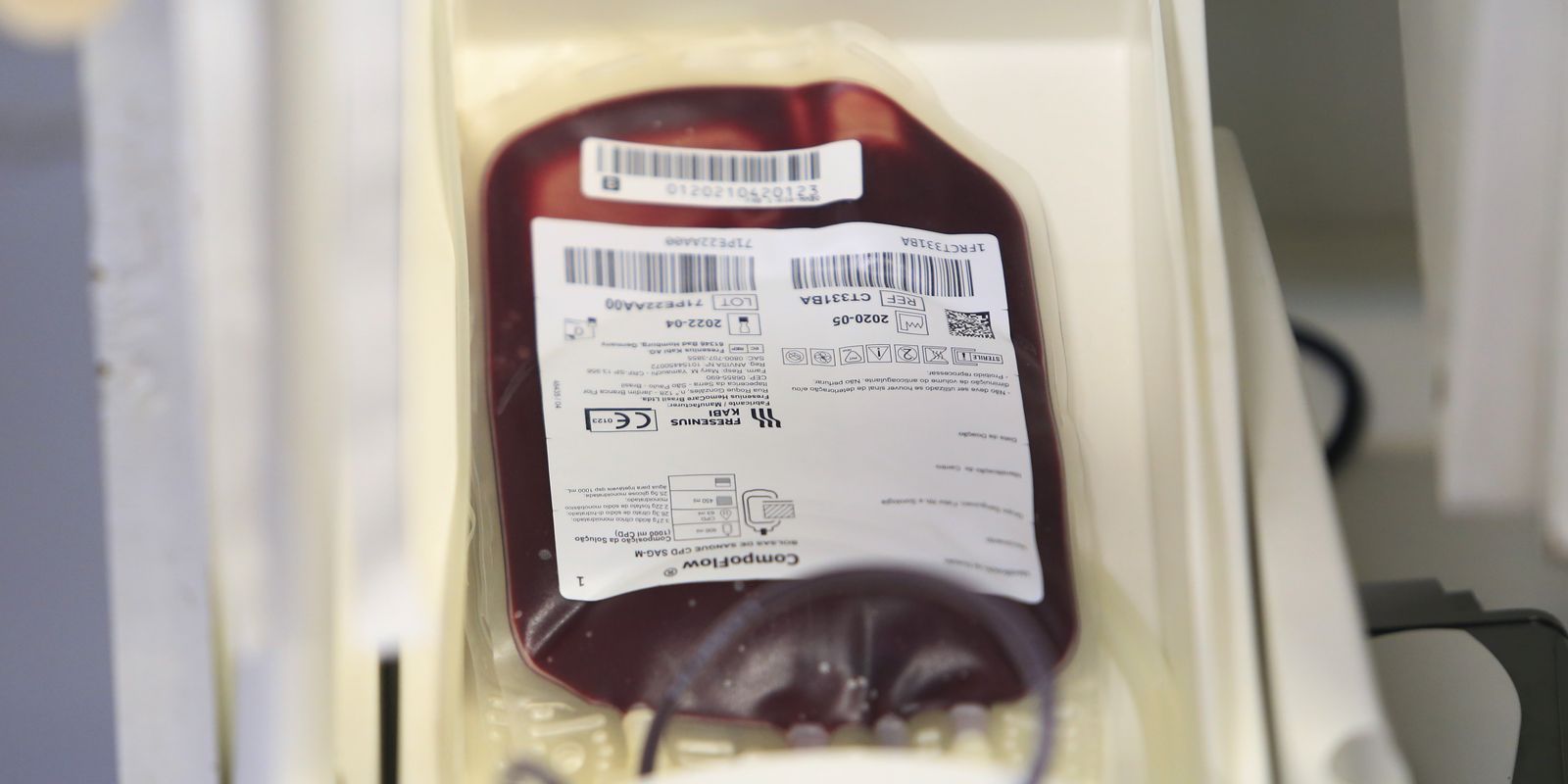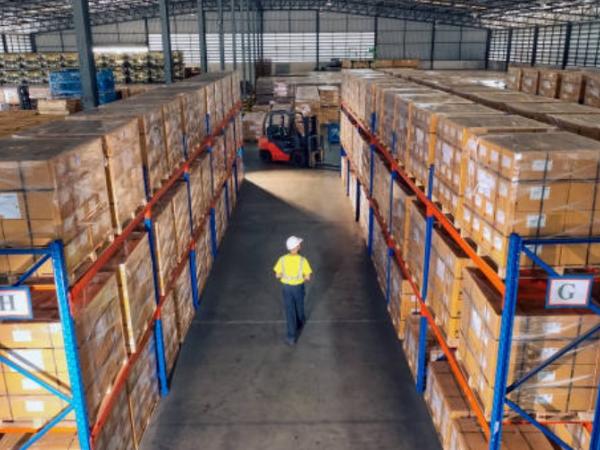British researchers this week announced the discovery of a new blood group, called MAL.
In an article published in the academic journal Bloodfrom the American Society of Hematology, researchers from the UK public health system (NHS Blood and Transplant), its specialized laboratory (International Blood Groups Reference Laboratory) and the University of Bristol released the result, which solves a mystery that existed for 50 years.
The MAL blood group makes it possible to identify and treat people who do not have a little-known antigen, but which has been mapped for decades, called AnWj, in honor of the first two people known to be AnWj negative (Anton and Wj).
Blood groups are complex. The two best-known blood group systems are ABO and Rh. Within each blood group, red blood cells may carry surface markers called antigens (for example, in the ABO system, people may have the A antigen, the B antigen, the A and the B antigen, or no antigen, called O). There are currently 47 blood group systems and 360 recognized antigens.
The published study online as a preprint identifies MAL as the 47th blood group system, to which the AnWj antigen belongs. The blood group is identified by the Mal protein, which is found on the surface of red blood cells. People who are AnWj negative have this protein incompletely, which can be hereditary (and appear in healthy people) or caused by hematological disorders or some types of cancer.
Five AnWj-negative individuals were studied, including a woman who had participated in the research that identified the negative AnWj, published in 1972. The inherited form was identified in an Arab-Israeli family. The ethnicities of all cases have not yet been analyzed, nor has it been determined whether there is any ethnicity in which this blood type is more common.
If people who are AnWj-negative receive AnWj-positive blood, they may experience a reaction to the transfusion. According to a statement from the University of Bristol, “this research allows the development of new genotyping tests to detect such rare individuals and reduce the risk of transfusion-associated complications.”















